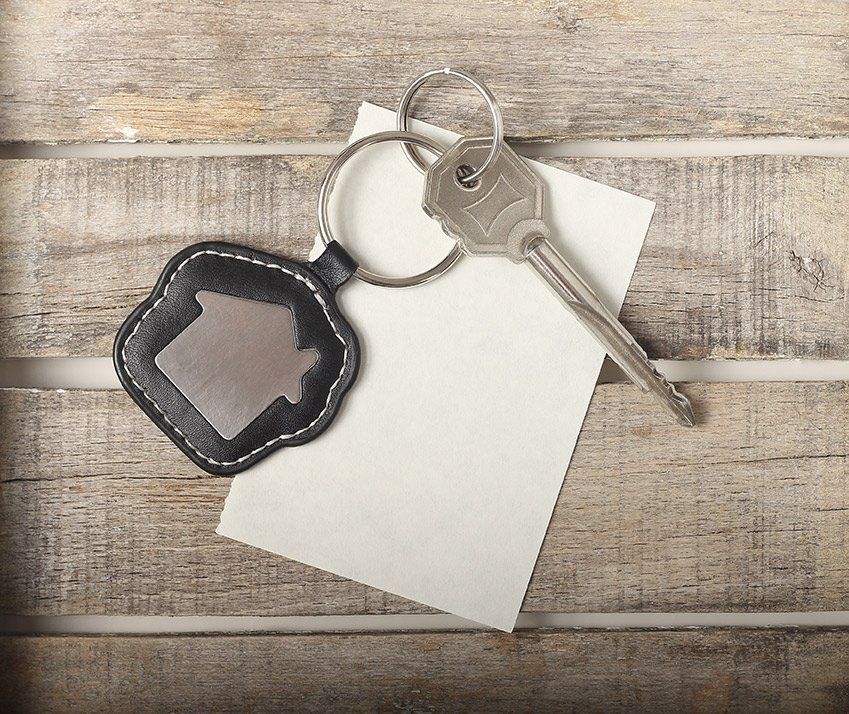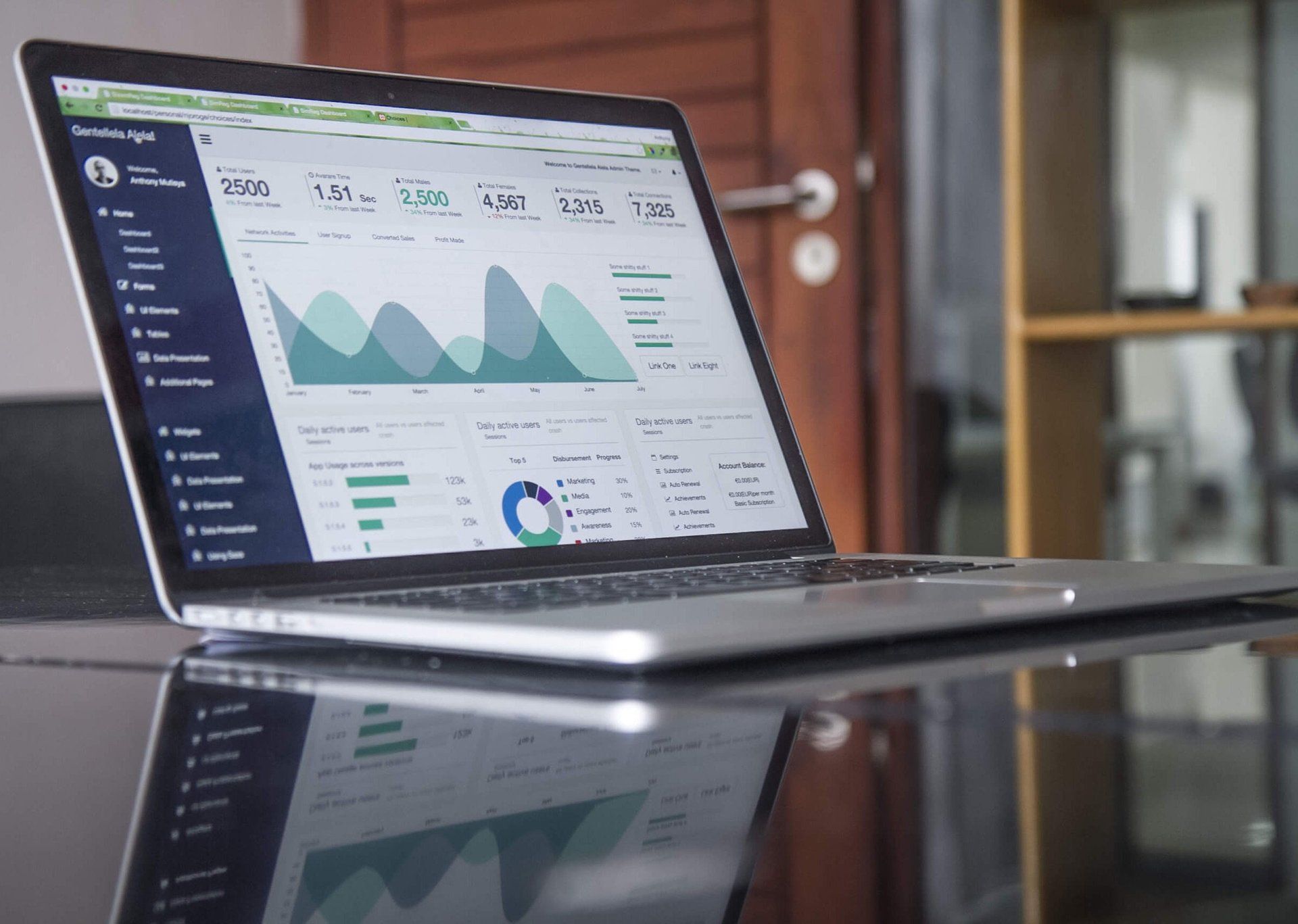
Six Things Your Bank Will Never Tell You
This information is adapted from Consumer Magazine (January/February 2006, Issue 455, Page 23).
There’s something every person who uses a bank needs to understand—a bank is a business. It exists to make a profit and it does that by maximising the use of your hard-earned cash. Knowing how they do that could save you money.
Here are six things your bank will never tell you:
1. Your bank wants you to overspend and stay in debt.
That may sound a little harsh, but that is the simple reality. You see, banks make money from people who are in debt. In fact, if you are $250,000 in debt you are a better customer for a bank than a person with $30,000 cash in their savings account. The more you spend the more interest the bank earns from you. And, if you’re prone to cheques bouncing, or if you don't pay your credit card bill off in full every month, then you are the bank’s best-friend.
2. A bank’s review of your account is really a sales pitch.
The bank is thinking of its bottom line, not yours. If you’re offered a review of your finances or get a call from your “personal banker,” then chances are they want to sell you a new product—usually insurance. It could be that the product on offer is good value, but ask yourself two questions: Do I need the product at all? And, is the bank’s product better than the one I already have or can get elsewhere?
3. Banks prefer to keep their savings-rate changes under wraps.
When banks advertise new accounts with flash savings rates, they do so to attract new customers. The banks can’t afford to put their existing customers on these new high-flying rates and they often don't tell you about them. That’s why it pays to ask.
4. Bouncing cheques are good for your bank’s business as long as you don’t write too many.
Providing there’s no fraud involved, your bank earns big bucks every time a cheque bounces. Not only do they sock you with a fee for the bounced cheque, you'll pay a higher rate of interest if you go over your agreed overdraft.
5. You can pay your entire credit card bill by setting up a direct debit like you do with your power or phone.
Banks don’t actively encourage customers to do this. Why should they? They can’t earn interest on your credit card if you pay it off each month. For the bank, the best credit card is one that has money owing on it.
6. Bank advice may be self-interested.
Sometimes, when you use your credit card to book overseas travel-related items,you will be charged interest immediately; e.g. if you use your card to book a hotel room for a trip you are to take three months' time, you may be charged interest from the time of booking rather than the time of staying in the hotel.
In a similar way, if you rent a car overseas the trader ma reserve an amount of credit to secure their payment or to cover any possible damage to the car etc. That means, you may find when you use the card it has less credit on it than you expected despite you having actually bought anything.
Most people know nothing about the lodging security until it's too late.
If you are travelling overseas with your credit card, or using it overseas with your credit card, or using it overseas from within New Zealand, it pays to find out first, what the various conditions of use are.
So, these are Futurisk's six credit card traps. One thing we cannot stress enough- avoid credit card debt.
What if I'm already in debt? If you find yourself struggling with debt right now, contact the team at Futurisk. We may be able to restructure your debt in a way that savs you hundreds, even thousands of dollars.

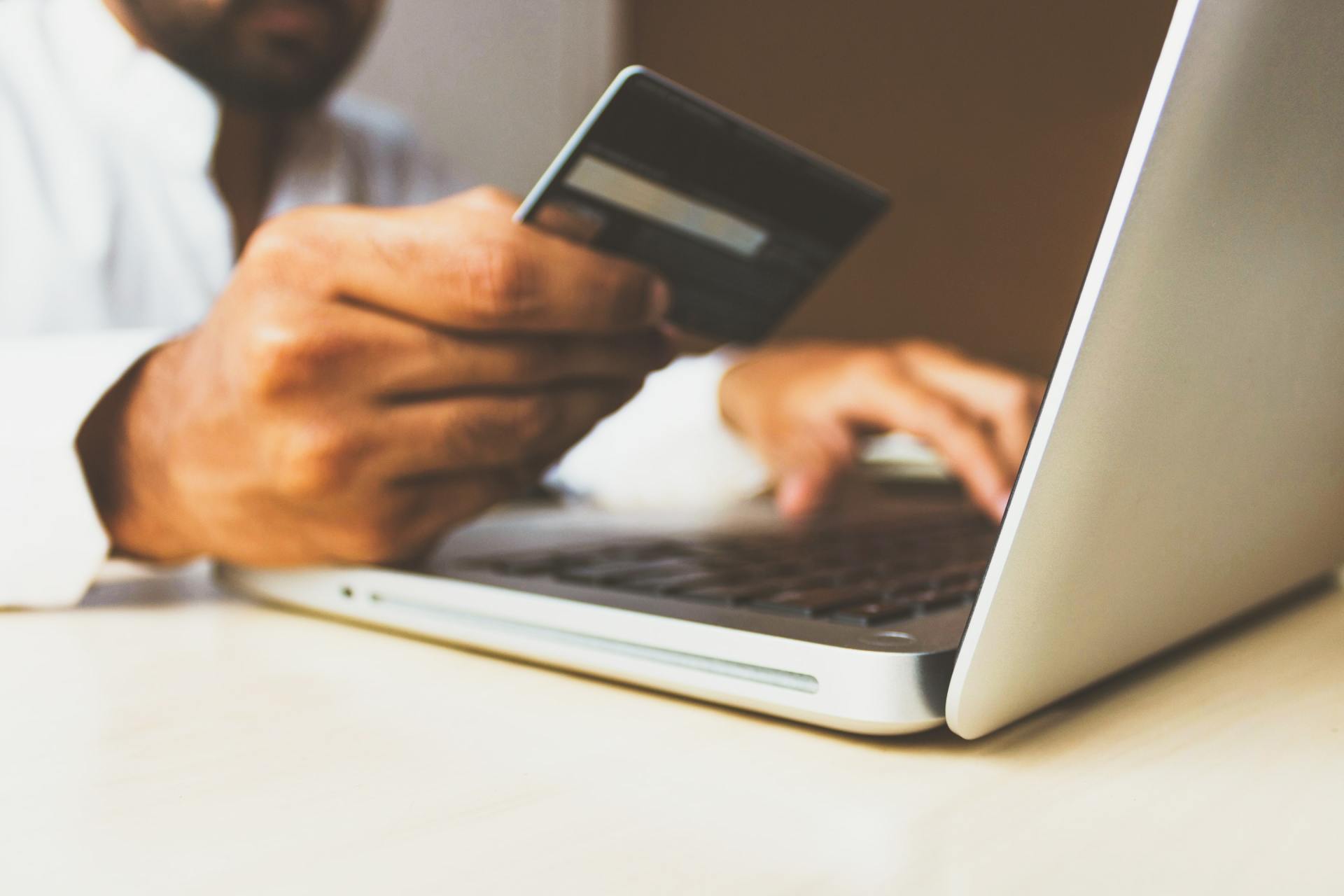


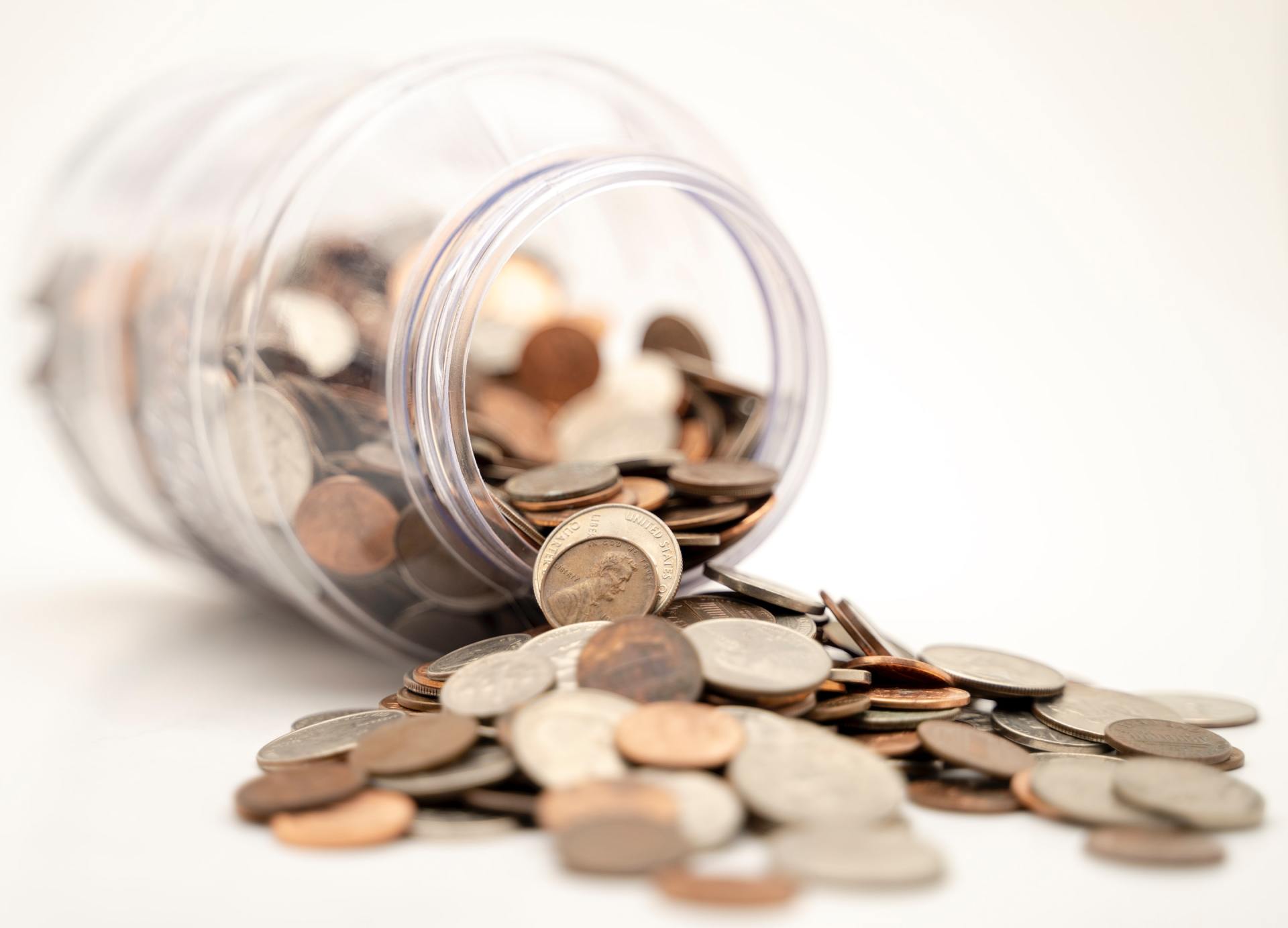

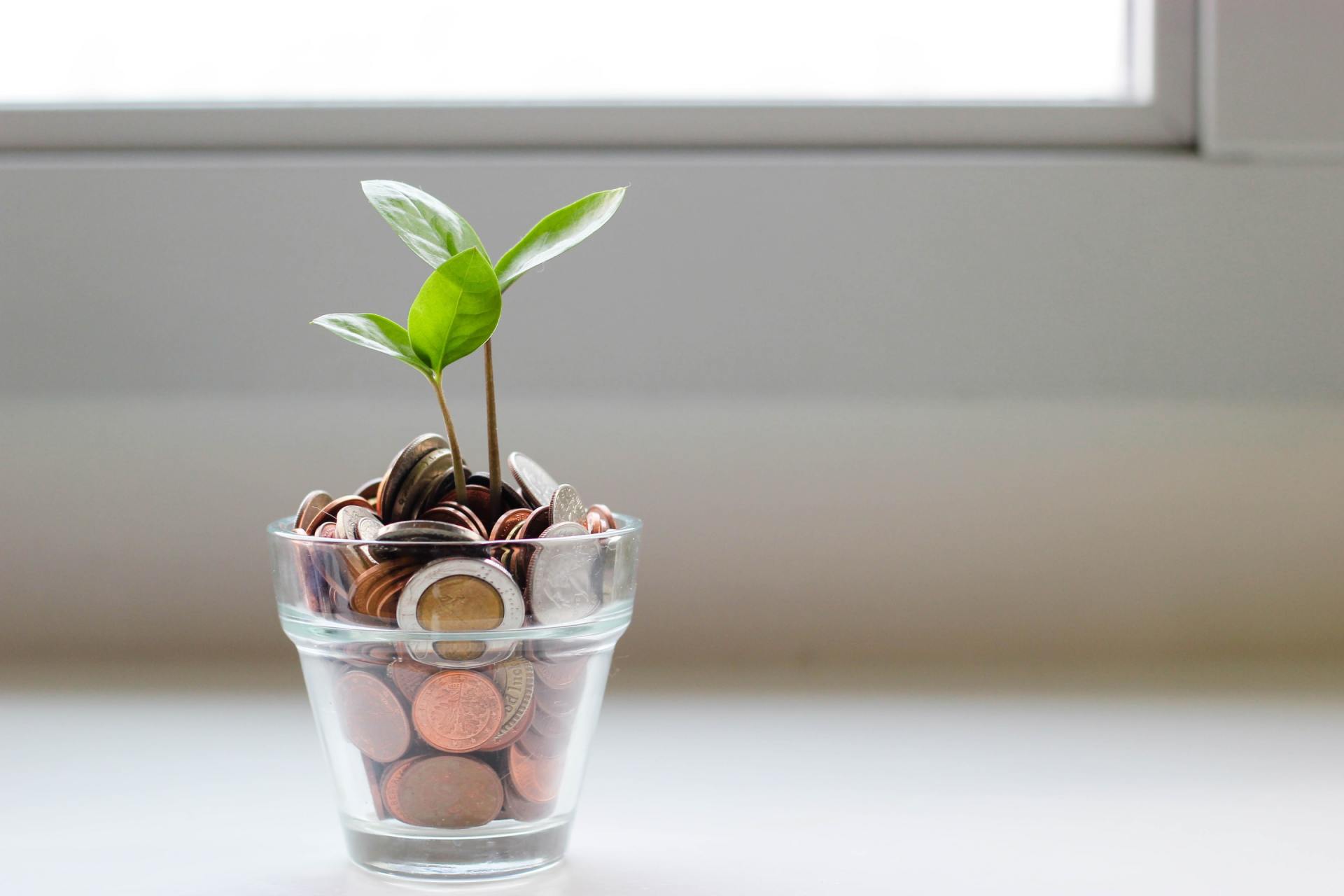



ANZ

AIA

NIB

Partnerslife

Southern Cross

Perpetual Guardian

Westpac
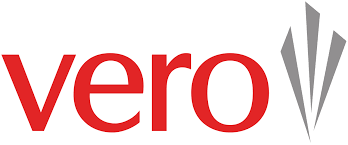
Vero

FANZ
Freephone: 0800 17 18 19 or
Freephone:
0800 17 18 19
or
Under the new financial advice regime rolled out on 15th March 2021, we are required to provide publicly available information on our company. Click here for our company information.

